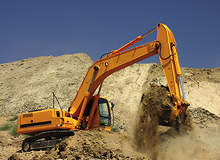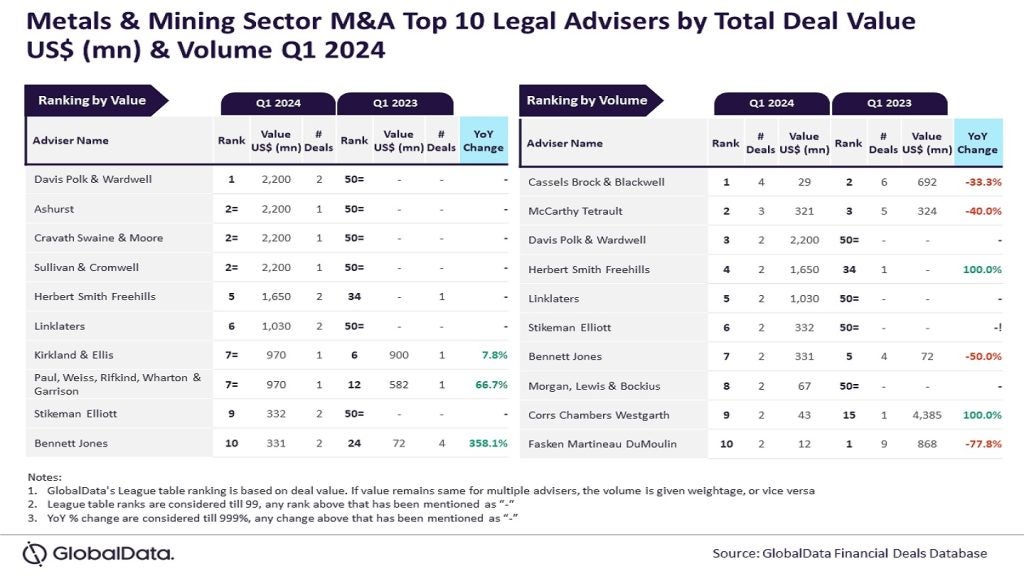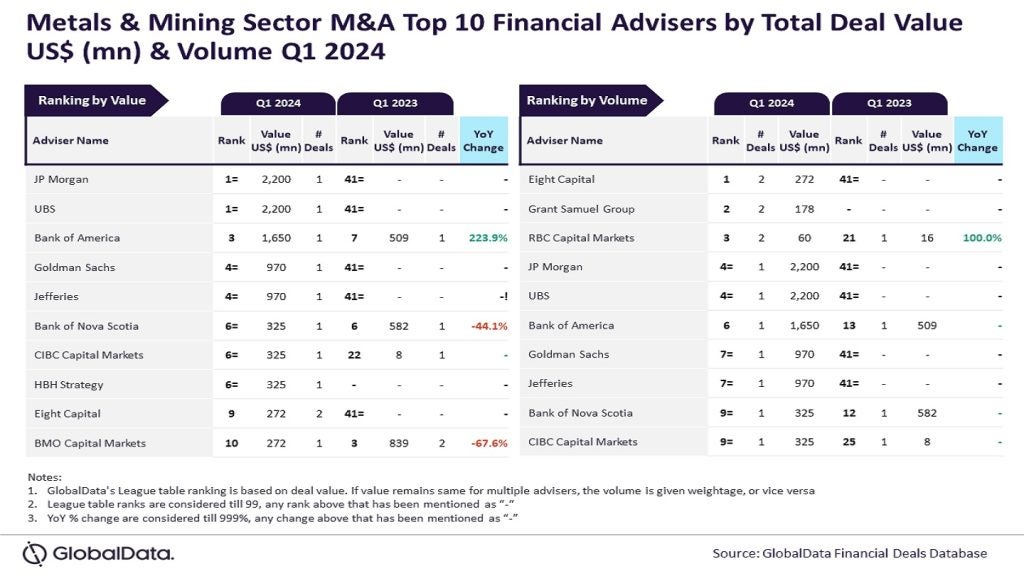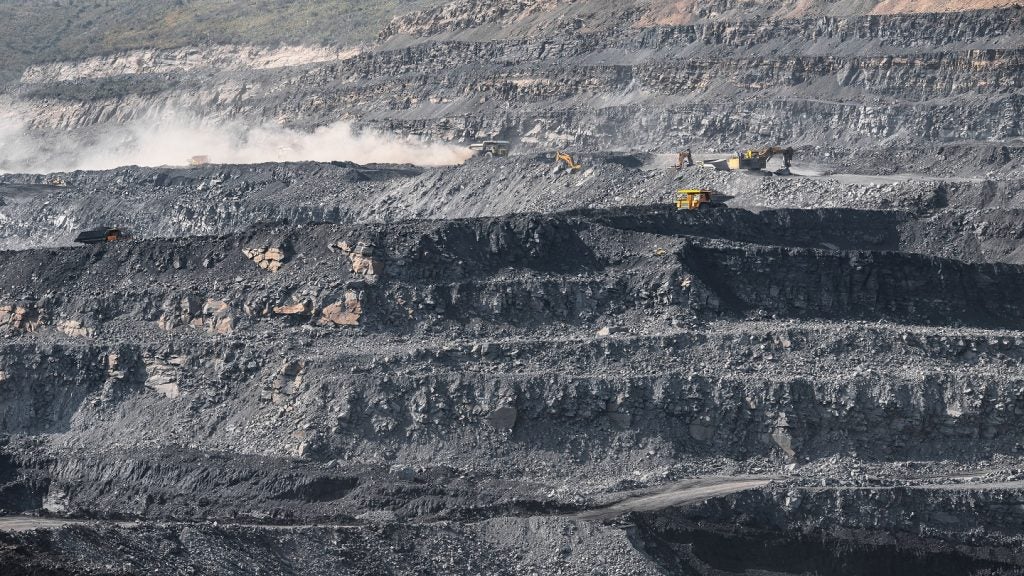
While the growing economies of emerging superpowers such as China and India will continue to push the demand for larger quantities of raw materials, the mining industry still predicts that more skilled people are likely to leave the industry than join it.
A lack of aggressive recruitment in recent years, compounded by the gold mining bust in the 1990s, has resulted in an aged workforce desperately needing replacement.
The general ‘high-pressure, long working hours with little reward’ image of the mining industry is also being revised. However, employers are seeking new ways to attract graduates from mining academia and increasingly, from other fields.
As the mining recruitment market shifts and learns from past lessons, new opportunities are opening up – especially to young and mobile workers, women and skilled workers from abroad.
Retaining experience
One of the reasons for the large gap in experienced workers is the gold mining bust in the early 1990s, when many left the industry for good. The result is that the experienced workforce that stayed in the industry is now close to retirement age.
See Also:
The major focus for mining recruiters is therefore on future generations, where experience and knowledge has to be captured and made available for the future leaders.
How well do you really know your competitors?
Access the most comprehensive Company Profiles on the market, powered by GlobalData. Save hours of research. Gain competitive edge.

Thank you!
Your download email will arrive shortly
Not ready to buy yet? Download a free sample
We are confident about the unique quality of our Company Profiles. However, we want you to make the most beneficial decision for your business, so we offer a free sample that you can download by submitting the below form
By GlobalDataThis trend means that companies have to keep experienced people within the company by offering them attractive opportunities, or even bringing back retirees to act as mentors and coaches for the younger generation.
Generation Y
The mining boom of recent years and the lack of skilled workers has led to rapid career improvements for many young and mobile workers, the so-called Generation Y, born between 1978 and 1994.
In many mining companies Generation Y workers are moving towards middle and senior management jobs, which brings a number of challenges. They will have to deal with upcoming industry pressures such as increasing costs, higher commodity prices, post-recession depression and skill shortages.
With the last experienced senior leaders leaving the industry in the near future, Generation Y will have to rely on their own skills and judgement, and will be left to learn through trial and error.
Therefore, this generation will have to be prepared by focusing on the development of interpersonal skills, emotional intelligence, financial literacy, cost management and the ability to make lean budgets work.
Trend: women in mining
Women are often under-represented in mining as the general image of the industry implies that only men are suited for the work, and therefore for recruitment. However, with the shortage of qualified talent to meet the increasingly high production demands, the industry has taken steps to make job opportunities more attractive to women.
Key considerations for companies are that they will have to provide women with training and skills development but also offer them more flexible hours and working arrangements, which would include concessions such as child care and consideration of the work / life balance.
Employment and promotion practices must encourage female participation and companies should offer them a variety of leave entitlements, as well as relevant coaching programmes.
Expatriate professionals
Many mining countries are attractive destinations for mining professionals, especially in well-established leading countries such as the US and Australia. However, emerging businesses in South America and Africa are becoming increasingly attractive among expatriates.
Immigration laws and visa restrictions have to be taken into account and companies will have to assist expatriates with the process of moving to the new destination. This means that new employees will need a higher rate of initial assistance for themselves and their families.
Employers are becoming more supportive in the introduction and integration process into the new culture, and organisations must help to find suitable accommodation, schools and health care services.
One trend, however, has already been established: through immigration restrictions and a great amount of bureaucracy, expatriates are less likely to switch employer on short notice, which will therefore provide an element of stability to employers.







